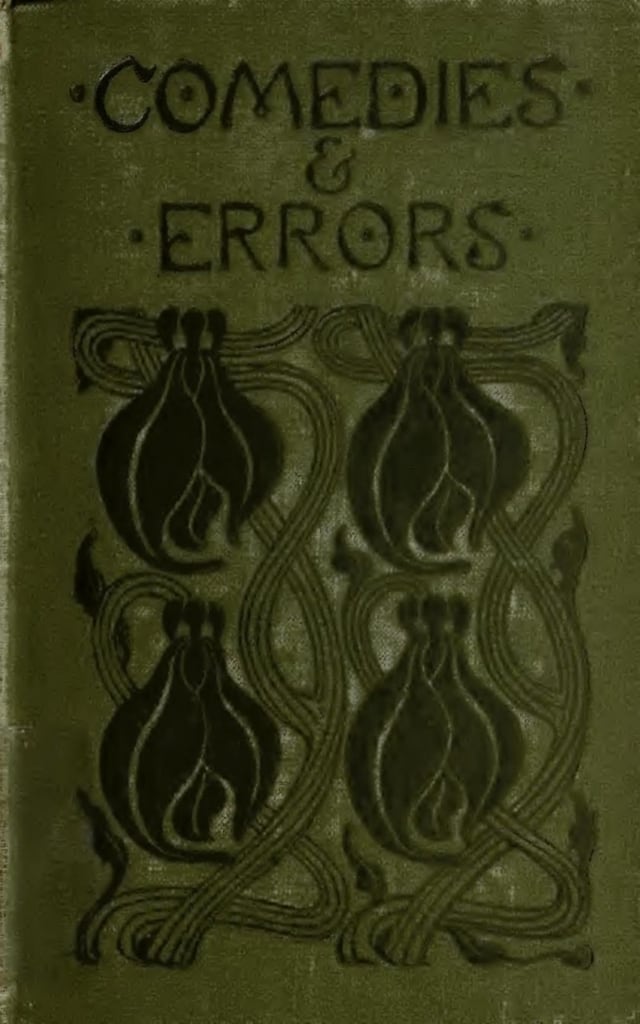
Comedies and Errors
Om bogen
Every one who knew Rome fifteen or twenty years ago must remember Miss Belmont. She lived in the Palazzo Sebastiani, a merry little old Englishwoman, the business, the passion, of whose existence it was to receive. All the rooms of her vast apartment on the piano nobile were arranged as reception-rooms, even the last of the suite, in the corner of which a low divan, covered by a Persian carpet, with a prie-dieu beside it, and a crucifix attached to the wall above, was understood to serve at night as Miss Belmont's bed. Her day, as indicated by her visiting-card, was Thursday; but to those who stood in her good books her day was every day, and—save for a brief hour in the afternoon, when, with the rest of Rome, she drove in the Villa Borghese—all day long. Then almost every evening she gave a little dinner. I have mentioned that she was old. She was proud of her age, and especially proud of not looking it. "I am seventy-three," she used to boast, confronting you with the erect figure, the bright eyes, the firm cheeks, of a well-preserved woman of sixty. Her rooms were filled with beautiful and precious things, paintings, porcelains and bronzes, carvings, brocades, picked up in every province of the Continent, "the spoils of a lifetime spent in rummaging," she said. All English folk who arrived in Rome decently accredited were asked to her at-homes, and all good Black Italians attended them. As a loyal Black herself, Miss Belmont, of course, knew no one in any way affiliated with the Quirinal.
 Henry Harland
Henry Harland 296 Sider
296 Sider